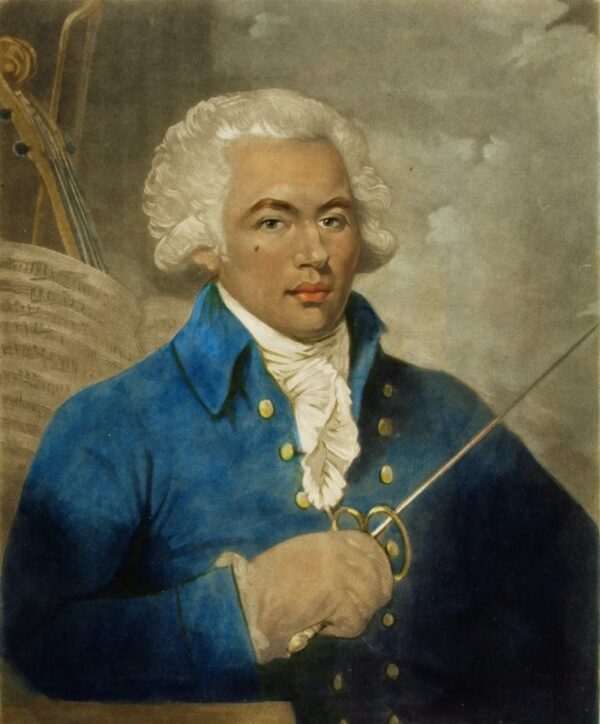“The great gift of human beings is that we have the power of empathy.” —Meryl Streep
A neighbor in my apartment building questioned me about my work recently after I mumbled I must get back to my writing. Initially I was very frugal with my comments trying not to tell her more than she’d ever wanted to know. But it quickly became evident that she was intrigued by the research, the ‘history’ part of ‘historical fiction’. As we agreed on the blessings of technology which aids and abets the contemporary author’s exploration, I nevertheless expressed my frustration over how much is too much. I told her the novel I’m working on now suffers from an embarrassment of riches supporting the huge life of an eighteenth century French composer who happened to also be a world champion fencer; and swimmer, and skater, and horseman; to say nothing of his skill with a pistol remarked on by our own president John Adams while serving as ambassador to France.
So what’s an author to do when the glut of accolades for her character blocks the necessary empathy a reader needs to stay interested? What good is the research without the imperfections the character needs to make us feel he’s human? I’ve been struggling with this predicament ever since I started writing my novel about Joseph Bologne. But this is historical fiction, and the whole point of it is the creative compassion the writer brings to the story when it takes off from the events that have been recorded.
If some of the Chevalier de Saint Georges’s life seems too amazing to imagine, there’s still always room for the empathy we can offer a man who was lost over time because of his race and illegitimacy. His little band of friends, actors, musicians, soldiers; his parents, a mother who was a gorgeous Senegalese slave and French aristocrat father, and the famous composers of that day who were affected by him as were his music students, some of whom suffered the horrible fates of the political climate such as his favorite Marie Antoinette, all express a humanity we can easily transport to Joseph Bologne by association. As soon as one starts to feel compassion for this virtually anonymous polymath, the creativity follows and one’s imagination can fly. I hope you will join me for that magic ride with Joseph Bologne when the book comes out. I’ll give you fair warning!
Image: Portrait of Joseph Bologne by Mather Brown, dated 1788

